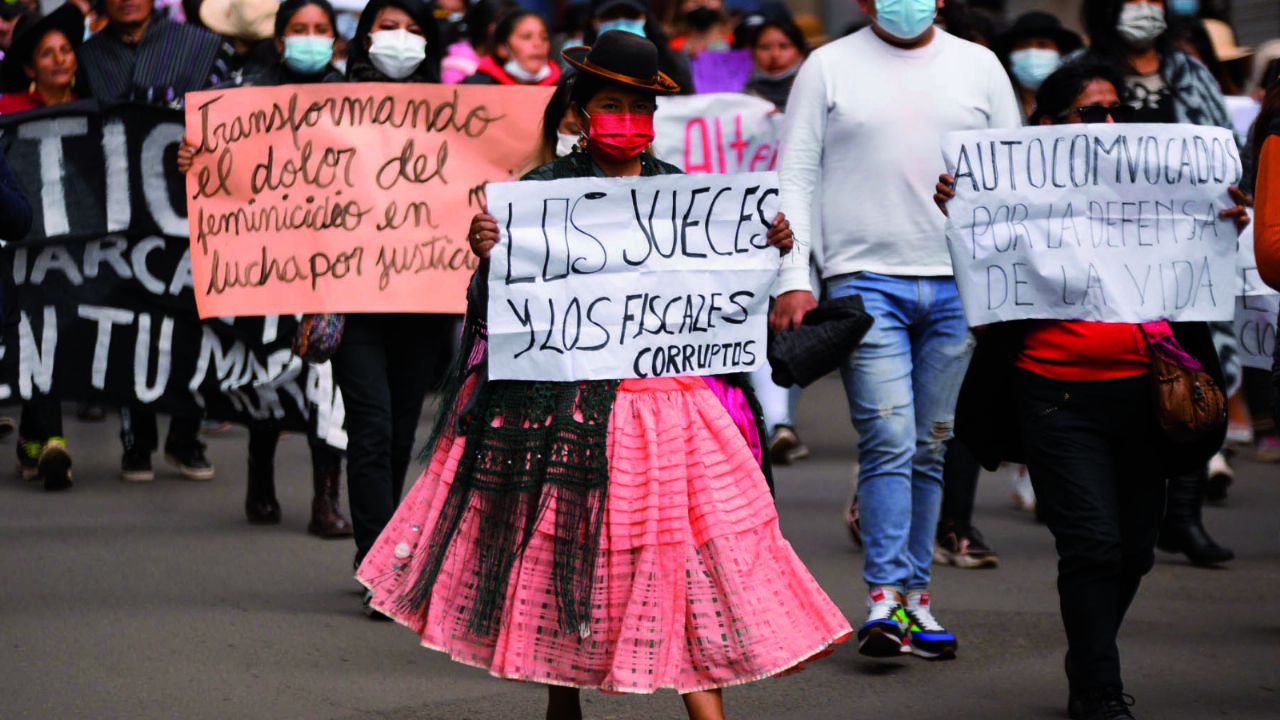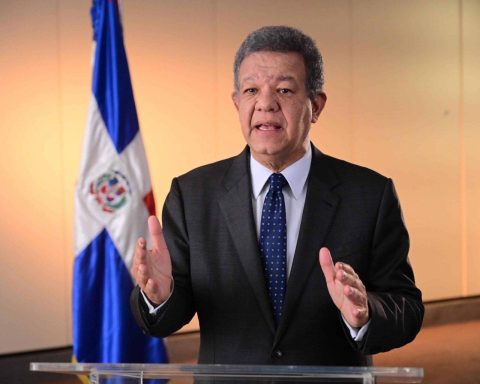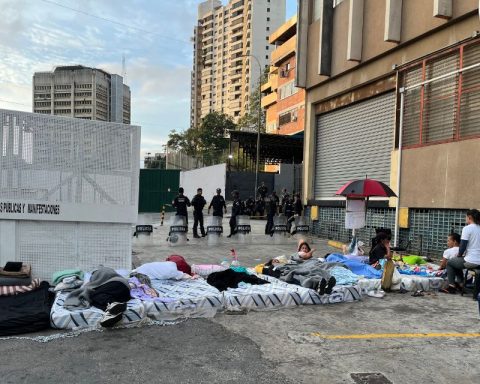Pablo Peralta M. / La Paz
After the high-profile case of serial killer Richard Choque generated commotion in the country, the requests to carry out a profound judicial reform add up. There are those who ask to make this change by consensus, others through a “political agreement” and there are those who propose to make it effective through citizen mobilization.
One of the first to publicize his position on the subject was former President Eduardo Rodríguez Veltzé, who addressed President Luis Arce and suggested working on a “structural reform” in consensus.
“President Arce, summon the organs of power and the opposition to work in consensus on a structural reform of justice. The population expects solutions, not commissions,” he tweeted.
Juan Del Granado, a member of the group of 10 independent jurists that is promoting a proposal for judicial reform, assured that the issue must be addressed in its root causes. “Let’s deal with the issue at its core, let’s deal with this judicial tragedy facing a true reform from the community, to begin the construction of a new justice administration system,” he said.
The jurist also maintained: “Enough of false speeches, hypocritical lamentations and sectarian ‘commissions’. Citizen mobilization for the Judicial Reform”.
The Central Obrera Boliviana (COB), for its part, issued a statement demanding a “total change” and “structural reform” of justice.
“The COB demands from the central government the total change and structural and immediate reform of justice in Bolivia, dismissal of the tribunals of justice, change of the advisors of the magistracy,” reads the COB statement.
That organization also demands a reform of “all the courts” and an “immediate” reform of the Public Ministry.
The Conade (National Committee for the Defense of Democracy), faced with the “critical situation” of the judicial system, yesterday called on all the democratic forces to work together to carry out a profound reform of the judicial system.
“We consider the summit proposed by the Government through the Ministry of Justice and Transparency to be unfeasible, because it would mean that the criminal actors, articulated around their interests, are the ones who take charge of the problem that was created by themselves,” points to a statement issued on February 1.
Carlos Mesa, former president and leader of the Citizen Community, argued that a political agreement and citizen referendum on the matter are urgently needed.
“The MAS, responsible for the cancer of justice, has no capacity, morality or intention to modify it. Create commissions and summits to keep it submissive and corrupt. A political agreement and a citizen referendum are urgently needed for a partial reform of the CPE, changing operators and appointing probationers,” he tweeted.
















